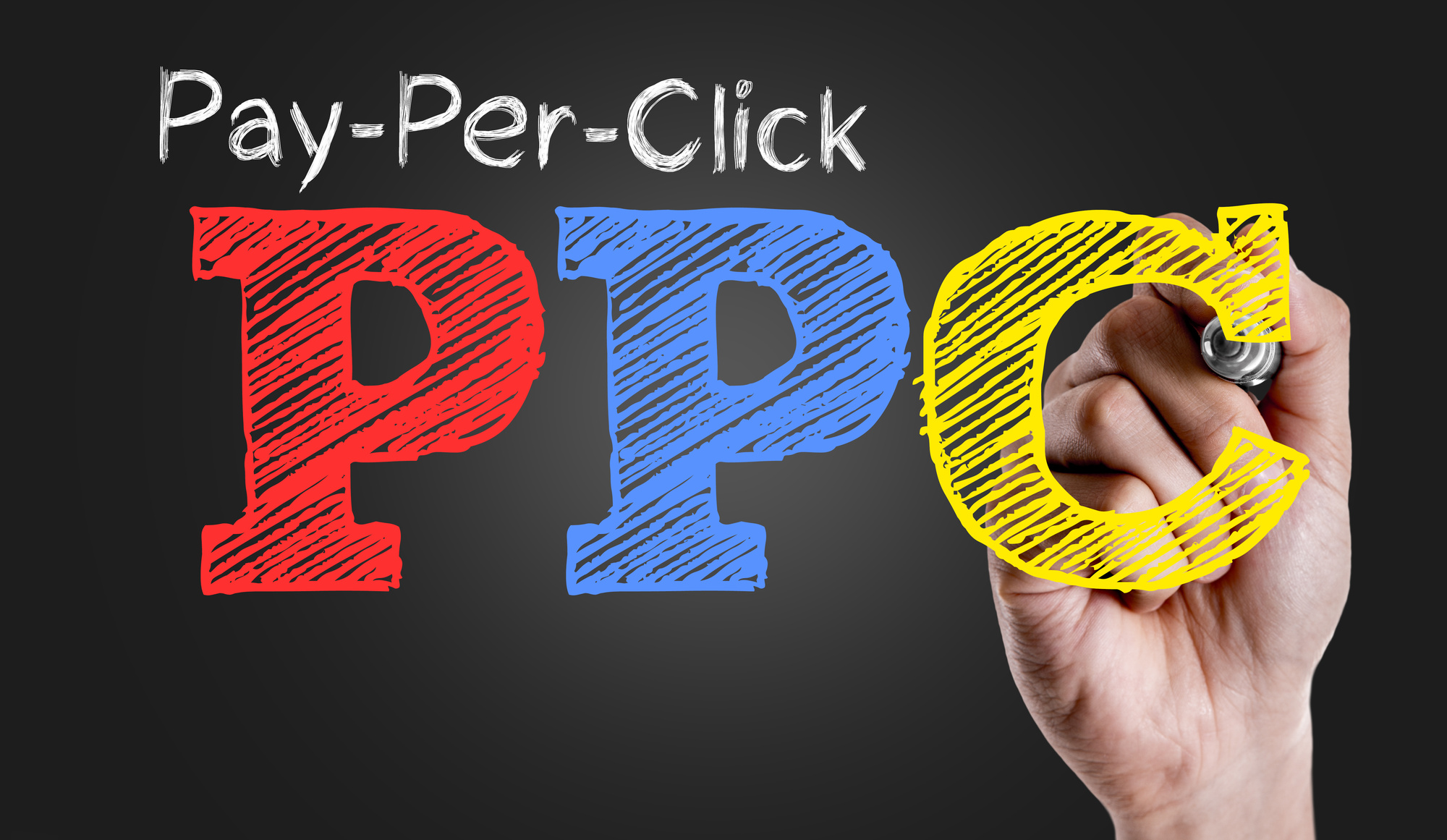Are you planning to start a Pay-Per-Click (PPC) campaign?
With over 1.8 billion websites across the world, PPC is a good way to get some instant recognition. It’s especially when you’re launching a new website. It brings qualified and targeted traffic.
However, reaping consistent and scalable benefits requires the right PPC strategy. Keep reading our PPC guide and learn more:
1. Define Your Goals
PPC advertising is more effective when you have a clear goal. You can’t optimize your campaign without a set of definite and measurable goals. It’s the foundation of your optimization efforts.
Make a roadmap before starting your PPC campaign. Ensure each milestone is measurable. Otherwise, you won’t know whether you’re ready to proceed to the next.
For example, are you looking to drive more website traffic? How about maximizing leads, sales, or subscriptions? Answer these questions to ensure every step follows these goals.
2. Get High-Performance Keywords
Look at your keywords and ensure their performance optimizes your PPC campaign. Always check on your keywords because they’re your strategy’s building blocks. If you want to focus on keyword research, hire a software engineer to work on your website apps instead.
Review your keyword performance reports. It allows you to separate the best performers from your keyword pool. These are the ones paying your investment in dividends.
Once you determine these keywords, focus your efforts on them. Never let them run on without changes for too long. It allows you to discover the right bidding strategy and spend less while gaining more.
Check your keywords’ quality score since it’s the key indicator of their performance. Do a regular audit to get the most consistent keywords.
During this process, you’ll find underperforming keywords. These are the ones hurting your campaign. They waste your advertising spend because they do nothing to get traffic or conversions.
After your keyword performance analysis, get rid of them. They’re easy to spot since they make no clicks, impressions, or conversions.
3. Fix Underperforming Keywords
One of the best PPC tips around is to identify the reason for the keywords’ lack of performance. Knowing the problem allows you to fine-tune them. It’s especially when you’re using major platforms like Facebook Ads.
For example, some keywords get lots of impressions but gain little to no clicks. It’s a good sign your keyword is irrelevant. Solve it by improving your audience targeting strategies.
Careful targeting ensures your keywords will show up when users search for your products or services.
Another problem with underwhelming keywords is the lack of conversions. If your ad gets a lot of clicks but converts no one, it’s a sign of improper PPC campaign management. Another possibility is your website’s lack of elements to get more conversions.
Your first task is to identify the issues preventing conversions. Check the following factors since they relate to your conversion rates:
- Search Query Reports in AdWords
- Your Website
- Ad Design
- CTAs and Landing Pages
Always ensure your ads link to a specific landing page. Avoid your homepage because it’s too ambiguous for your intended audience.
4. Make a Negative Keyword List
Investing time in researching negative keywords saves your ad budget. It prevents irrelevant search queries from targeting your ads. It filters out unwanted traffic since your ads only appear to people looking for your offers.
For example, you have a laptop-selling business. Your PPC ads will most likely use “new laptops” as a keyword. However, some platforms might display your ad if users look for “old laptops” or “laptop repairs.”
Since you only sell new laptops, you gain nothing when your ads appear when people are searching for used products. Save your ad budget and add these irrelevant keywords to your negative keyword list.
Negative keywords allow your ads to appear on search queries directly correlated with your business. It increases both your click-through rate (CTR) and quality score.
This strategy ensures your ads are more conversion-oriented. When CTR and conversions increase, your cost-per-click decreases. It’s the best PPC help to make your ads more efficient.
5. Make Compelling Ads
Your ad copy is your first point of contact with your potential audience. Your first impression is the most important. Never skimp on your content and ensure your ads are as compelling as possible.
Make a distinct ad copy, ensuring they’re attractive to potential customers. Use engaging headlines to grab their attention as soon as possible. Most online users often only have enough time to focus on your headline.
Ensure your ad copy is specific, relevant, and concise. Always go straight to the point, avoiding fluff whenever possible. Focus on words that contribute more value to your company’s offers.
It means highlighting your unique product or service selling proposition. Complement it with a strong call-to-action (CTA). Avoid using generic phrases such as “click here” to ensure customers do your desired action.
6. Make Ad-specific Website Landing Pages
Your landing page will complement your ad copy. The latter works only when it aligns with the former. It’s why you must write ads while considering what your landing page offers.
As mentioned before, avoid directing your ads to your homepage. However, it’s worse if your landing page is generic. It’s a huge problem when you’re running multiple PPC ad campaigns.
Make a unique landing page for each campaign. It will take more effort and resources, but it ensures consistency. Customers are more likely to support your brand when your landing pages relate to your PPC ads.
Use the A/B testing method to achieve this goal. Check whether the ad and landing pages’ elements match each other. Do it regularly since the PPC landscape is evolving all the time.
Let PPC Guide Your Advertising Efforts Now
We hope you gleaned some knowledge from our PPC guide. Use these pay-per-click tips to ensure your ads remain consistent and relevant. Otherwise, you’ll end up spending more.
An alternative is to hire a PPC agency to do these in your stead.
Is this guide helpful? Consider our other articles and learn more.




